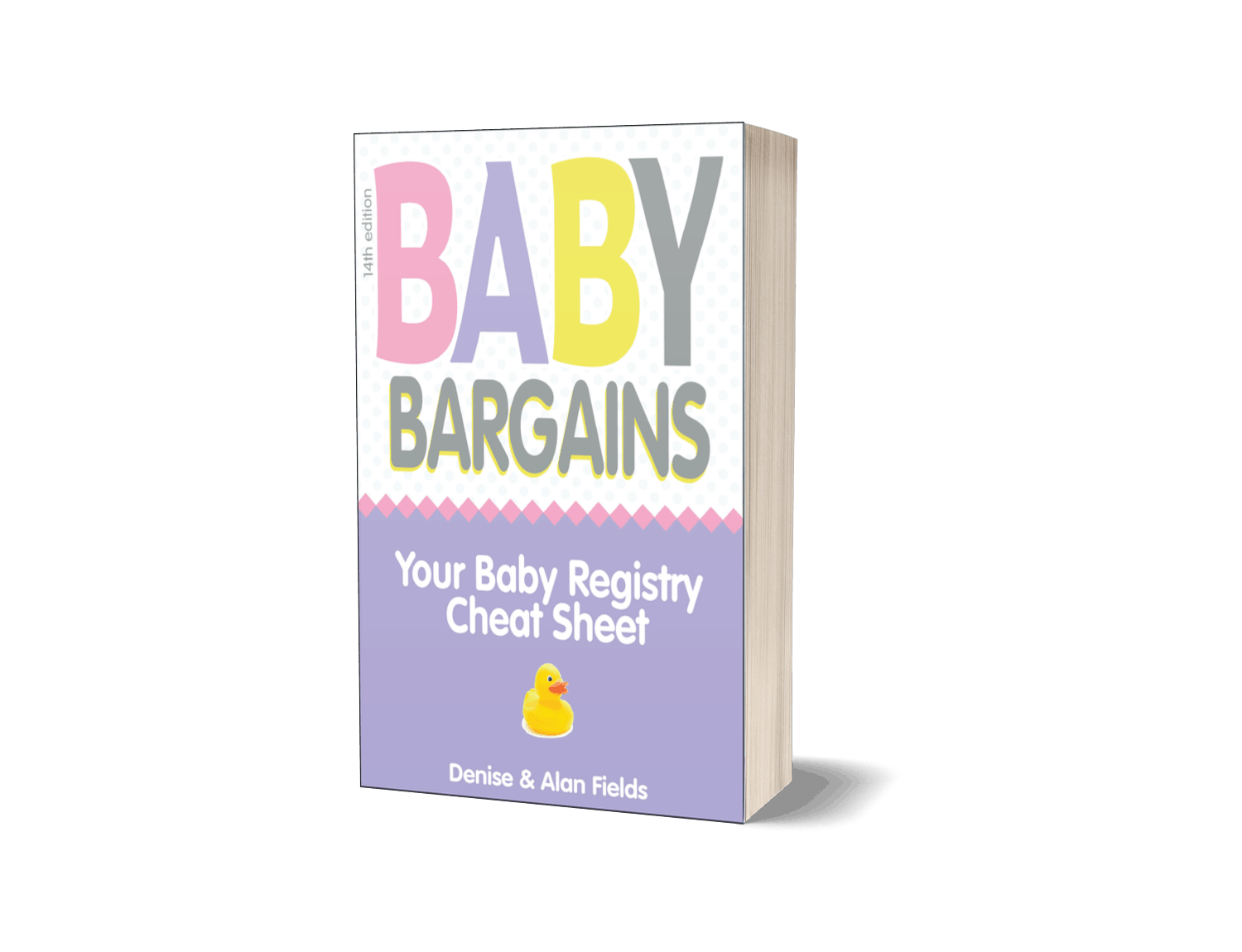Two days, two stories in the Wall Street Journal covering the baby gear biz.
In After a Recall, Risks Remain for Consumers, the Journal discusses the troubles one parent had with her Jardine crib after the recall (stop us if you've heard this before):
When Christy Bykowski learned in June that her infant's crib had been recalled for a strangulation hazard, she applied for a manufacturer's voucher that would allow her to swap the defective product for a new one. One month later, she hadn't received the voucher, so in the meantime she paid $350 for a new crib herself.
Ms. Bykowski's frustration underscores an ongoing problem with the recall process in the U.S.: The recall itself is touted as a powerful tool of regulators for keeping consumers safe, and the Consumer Product Safety Commission points to the growing number of recalls as an indication that the system is working to protect consumers. But sometimes, not enough is done beyond the announcement to ensure that consumers and all retailers know about the recall.
The rest of the article discusses how the recall system doesn't work—the low tech way recalls are handled (press releases and media announcements that many parents miss) results in a shockingly low number of response to recalls (15% to 30%).
While we agree with this, most of the frustration with the Babies R Us/Jardine recall came from the poor way it was designed—for which, we blame the CPSC, Babies R Us and Jardine. The recall forced consumers to run a gauntlet of hurdles (apply for a recall kit online, wait for kit in mail, sent back parts of the crib to Jardine, then wait for a voucher that could only be used at BRU). The fact that BRU lacked inventory of cribs at the voucher price seemed to surprise the CPSC—but is a lesson for such future recalls.
Meanwhile, speaking of Babies R Us, the Journal covered the price-fixing lawsuit that the chain is facing from its online discount rivals. After a Supreme Court ruling last year, manufacturers are now turning to "minimum retail price" agreements to thwart online discounting of their goods.
We've blogged about the Babies R Us suit when it was filed last year—BRU rivals claim it conspired with baby gear makers like Britax and Maclaren to fix retail prices of car seats and strollers. The case is winding its way through the courts—but what we found most interesting about the article was this item about breast-pump maker Medela:
An internal Medela memo submitted in the case indicates that Medela
"discontinued Internet sellers to protect BRU's [Babies 'R' Us]
business and margin and therefore accepted considerable legal risk."
Yes, according to this court doucment, Medela cut off online discounters from selling their product to appease Babies R Us. Shame on Medela—it's that kind of behavior that has us rooting for their competitors.
Now, we should note that even if the Supreme Court gave the green light to manufacturers to issue minimum retail price policies (as long as they aren't "anti-competitive"—right!), it is still quite illegal for ANY retailer to demand such policies from its suppliers. So it will be interesting to see what happens to the Babies R Us and baby gear makers—they could be on the hook for a huge financial spanking if this goes south for them. We'll keep you posted!

 We obsess over gear for families . . . so you don't have to. Baby Bargains has one mission: help you find the best gear for your family and home with unbiased reviews by experts with 20 years of experience. At prices that don't break the bank. When you purchase a product from links on this site, we make a small affiliate commission. Learn more
We obsess over gear for families . . . so you don't have to. Baby Bargains has one mission: help you find the best gear for your family and home with unbiased reviews by experts with 20 years of experience. At prices that don't break the bank. When you purchase a product from links on this site, we make a small affiliate commission. Learn more 

The Medela thing really pissed me off. You can’t claim to be for women and for breastfeeding and then price fix to a point that you give women no options for getting your product at an affordable price. They have a great product, but it is price prohibitive for many, and getting even a slight dicount may make it an easier choice.
The Medela thing really pissed me off. You can’t claim to be for women and for breastfeeding and then price fix to a point that you give women no options for getting your product at an affordable price. They have a great product, but it is price prohibitive for many, and getting even a slight dicount may make it an easier choice.
It is not that they set standards for pricing that is so bad. I can understand that because of idiots selling stuff on ebay when legitimate retailers spend the money to educate the consumer on the products. BUT what these idiots at medela are doing is saying only a handful of retailers can even LIST their price on their website!
Can you imagine? Sure you can sell it on your website, you just can’t say how much it is! Pure crap. Shame on you medela. You are unethical. Oh, the hawker of baby walmart crap, Babies Is Us, can advertise their price.
It is not that they set standards for pricing that is so bad. I can understand that because of idiots selling stuff on ebay when legitimate retailers spend the money to educate the consumer on the products. BUT what these idiots at medela are doing is saying only a handful of retailers can even LIST their price on their website!
Can you imagine? Sure you can sell it on your website, you just can’t say how much it is! Pure crap. Shame on you medela. You are unethical. Oh, the hawker of baby walmart crap, Babies Is Us, can advertise their price.